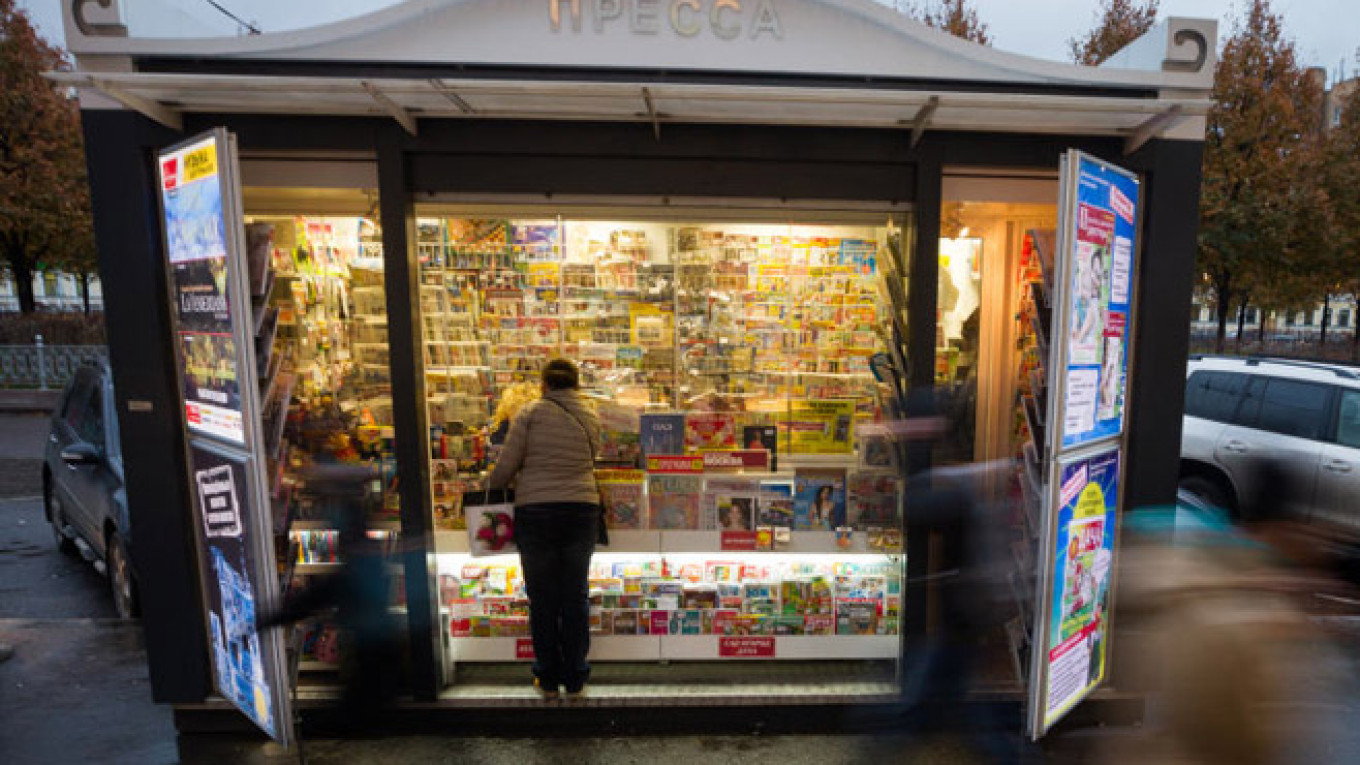As a foreign correspondent in Moscow during the last years of the Soviet Union, one of the central themes of my reporting was fear and its gradual disappearance in the era of glasnost.
Has there ever been another story like it? An entire nation, lied to and repressed into silence for decades, was finally exposed to honest reporting about once-forbidden topics. Suddenly, the Party found that its control had been switched off, by the collective and sometimes daring actions of journalists, historians, environmentalists, religious leaders and others exercising freedom of speech for the first time.
And so they spoke — endlessly, freely and about everything. The long battle between people and state over who controls news and information was over. And the victor was the people.
I left my Moscow reporting job a month after that August 1991 coup collapsed, certain that openness was the new norm. It wasn't, as I came to understand on several subsequent visits.
Still, when I visited last month, at the invitation of the U.S. State Department to speak with Russian journalists and students, nothing prepared me for the latest "norms"— the Cold War-like suspicion of the West, the relentless government drive to shutter the very few remaining independent voices in media, the propagandized version of world events in state media.
Long gone are the climactic days of August 1991, when journalists were among the heroes speaking truth to power. In my meetings last month, hosted by the Russian Union of Journalists, there were young reporters and journalism students who might once have taken inspiration from those courageous times. But sadly, most of the younger journalists I spoke with suggested there was little inspiration in Russia's media scene today.
"If reporters have no freedom to criticize authorities, what's the function of a reporter today?" asked one young student in Moscow.
I had no good answer for her. Nor did I have a response at Voronezh State University's journalism school, where my talk on social media and journalism was hijacked by several refugees from eastern Ukraine. One group brandished a poster in English, "Stop Nazism in Ukraine."
At each of my talks there were questions wrapped inside commentaries about "Ukrainian fascism" and American conspiracies. One elderly writer in Vladimir demanded to know whether I agreed with him, that fascism in Ukraine is the greatest threat facing journalists around the world today. I did not.
And there was the constant query: Why is America waging an information war on Russia? Chief among the "evidence" for this war was the statement I heard, over and over, that American media blame Russia for shooting down the Malaysian airliner over Ukraine last summer. American media do not blame Russia. They report rival theories of what happened. But it is not their role to "blame" anyone.
I do believe there is an information war going on in Russia, and it's a brutal one. This war on information is waged by the Russian state with its specially tailored laws targeting media outlets. It began in 2000 with the takeover of NTV and continues today with threats against Vedemosti, Dozhd, Ekho Moskvy and the handful of other media still struggling to do their jobs of informing the Russian public.
These actions are documented by the New York-based Committee to Protect Journalists — an equal-opportunity advocacy group, which also protests when Ukraine's government stifles Russian media.
But protests from New York are not going to save the independence of Dozhd or Vedemosti. For that, Russians need to remember that all-too-brief period of openness, when people were willing to stand up and demand accountability from public officials. They need to wage a new information war, to protect the independent voices still speaking, before they all disappear.
Ann Cooper is a professor at Columbia University's School of Journalism.
A Message from The Moscow Times:
Dear readers,
We are facing unprecedented challenges. Russia's Prosecutor General's Office has designated The Moscow Times as an "undesirable" organization, criminalizing our work and putting our staff at risk of prosecution. This follows our earlier unjust labeling as a "foreign agent."
These actions are direct attempts to silence independent journalism in Russia. The authorities claim our work "discredits the decisions of the Russian leadership." We see things differently: we strive to provide accurate, unbiased reporting on Russia.
We, the journalists of The Moscow Times, refuse to be silenced. But to continue our work, we need your help.
Your support, no matter how small, makes a world of difference. If you can, please support us monthly starting from just $2. It's quick to set up, and every contribution makes a significant impact.
By supporting The Moscow Times, you're defending open, independent journalism in the face of repression. Thank you for standing with us.
Remind me later.


